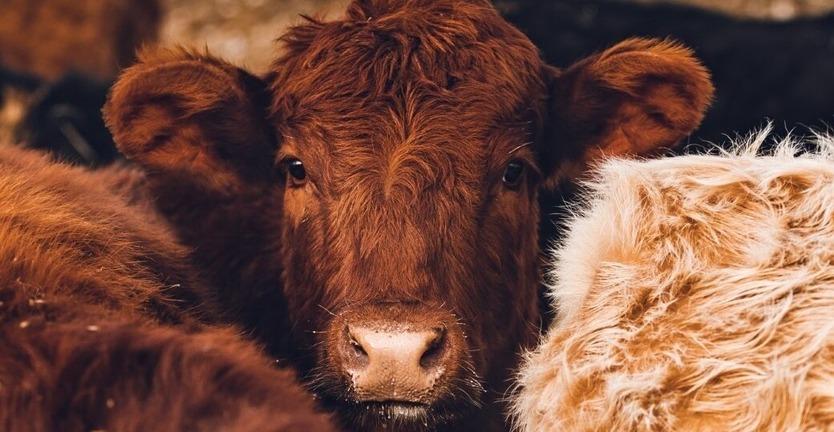
This well-attended public webinar was organized with University of Cambridge Decarbonisation Network as part of the Cambridge Festival in March 2023.
The event was chaired by Professor Sarah Bridle, author of 'Food and Climate Change without the Hot Air', with speakers from the University of Cambridge including Professor Andrew Balmford, Dr Charlotte Kukowski and Dr Daniel Borch Ibsen and Artun Sukan, Head of Strategic Partnerships at Higher Steaks.
Our speakers invited the audience to face up to the fact that we have to change what we eat to stand a chance of limiting both the climate catastrophe and the extinction crisis. The good news is that even small changes, made by a large number of people, will make a huge difference. If we do this the world will be able to support its growing population and everyone on the planet will be able to eat in a way that’s healthy and sustainable.
Charlotte Kukowski recommended the Planetary Health Diet as a guide to eating more sustainably and a helpful basis for lobbying for change. She also pointed out that change is needed in the food system as a whole, so that sustainable and plant-based options are more readily available, cheaper and more appealing. Sustainable foods, especially plant-based meat alternatives, are often less affordable and accessible, meaning that environmentally friendly diets can be easier to adopt for better-off sections of society. Governments and organisations can help improve the accessibility of sustainable diets for everyone
Daniel Ibsen talked about how eating less red meat is better for our health, but, in moderation, it provides important nutrients. He suggested we think about short and longer-term changes to reduce red meat consumption. Perhaps initially substituting it for more sustainable meats like poultry or pork and then in the long term, perhaps treating it more like a condiment. He was keen to emphasise that this isn’t about everyone immediately going vegan, but increasing our awareness and making gradual change.
Artun Sukan spoke about how cultivated meat, grown in labs, is a much cleaner, greener way to eat meat, that involves no animal suffering, and radically reduces the amount of land and water used to produce it. It’s an industry in its infancy, but it may be the way meat is consumed in the future.
Consumption of meat by humans is probably the leading cause of habitat loss, and therefore of the extinction crisis, as Andrew Balmford powerfully reminded us. It might seem counter-intuitive, but eating organic or grass-fed meat is substantially worse in terms of biodiversity and climate impacts, because they use so much more land than intensive livestock systems.
Andrew went on to say that we should not underestimate the impact of advertising on our diets. In 2019 Transport for London banned ads for high fat salt and sugar foods (otherwise know as junk foods) on their bill-boards. This led to a 7% reduction in consumption of house-hold calories in London. Most strikingly, average weekly purchases of energy from chocolate and confectionary fell by 19.4%. You can read more about the finding here.
The event’s expert chair Professor Sarah Bridle concluded the event by saying that we need both individual change and systemic change. She encouraged audience members to talk to others about the issues discussed. Public demand can drive policy change for food, as it has done for plastic. Each of us has a small, but significant, part to play.
Please find the event recording here.
Picture by Subtle Cinematics from Unsplash.

